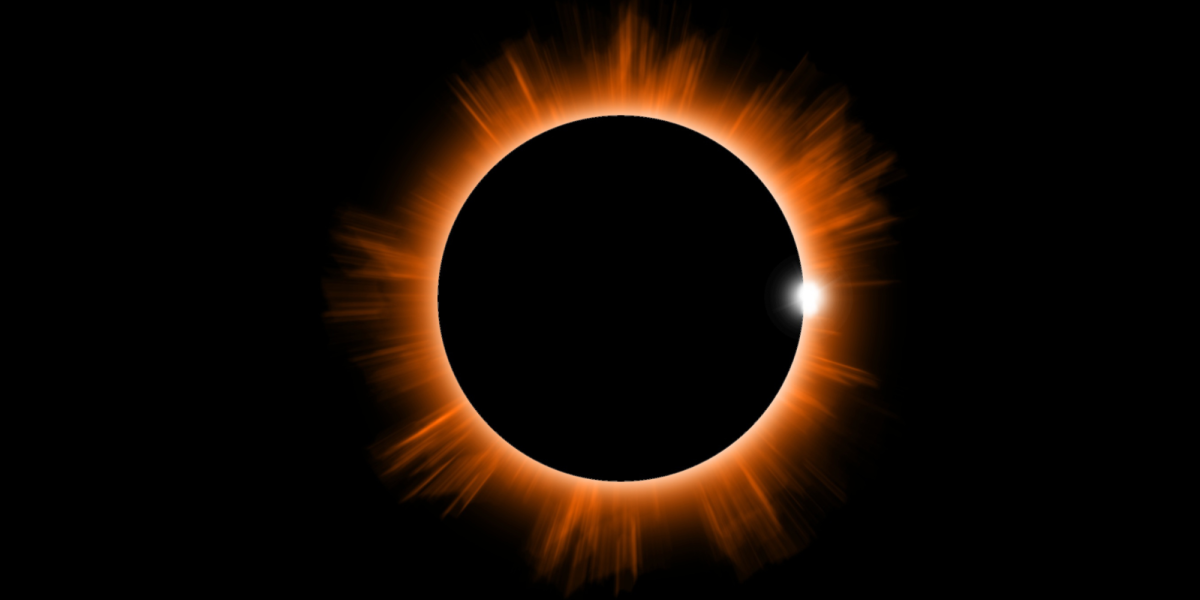
“2024 Solar Eclipse at Wonderlab.” WonderLab, 4 Apr. 2024, wonderlab.org/2024-solar-eclipse/.
Hope you enjoy and learn something new while doing this quiz!
(Answers will be posted at the bottom)
1. A solar eclipse happens when:
The sun blocks the moon’s light from the Earth
The moon blocks the sun’s light from the Earth
The earth blocks the sun’s light from the Moon
——
2. Of the options, what is the best place to view an eclipse?
On a hill
In a forest
In your house
——
3. Of the options, which is the safest way to view a solar eclipse?
Staring without eye protection at the eclipse
Your phone
A pinhole viewer
——
4. What is the maximum number of eclipses that can occur in a year?
Five
Seven
Twelve
——
5. What is the rarest eclipse to see?
Total Solar eclipse
Lunar eclipse
Hybrid eclipse
Answers:
1. Correct answer : The moon blocks the sun’s light from the Earth
A total solar eclipse can only take place during a new moon.
2. Correct answer : On a hill
If you are lucky enough to be in the path of the eclipse, make sure that you watch it from a place where your view of the sun will be clear.
3. Correct answer : A pinhole viewer
It is never safe to look at an eclipse, or the partial phases of a total solar eclipse, without the proper equipment or techniques. Earth View, Inc. provides comprehensive and in-depth instructions for building your own pinhole viewer.
4. Correct answer : Seven
Eclipses can occur in groups of either four solar and three lunar or five solar and two lunar. Most years have four eclipses: the minimum number of eclipses in a year; 2 of these four eclipses are always solar eclipses. Even though it is rare, the maximum number of eclipses that can take place in a calendar year is seven.
5. Correct Answer : Hybrid eclipse
A solar eclipse occurs when the Moon passes between the Sun and Earth, casting the Moon’s shadow on Earth. A solar eclipse can only happen during a New Moon. The Moon’s orbit is tilted 5 degrees to Earth’s orbit around the Sun. Therefore a solar eclipse is a relatively rare phenomena and a Total or Annular eclipse even more rare, with the Hybrid eclipse the rarest of all.